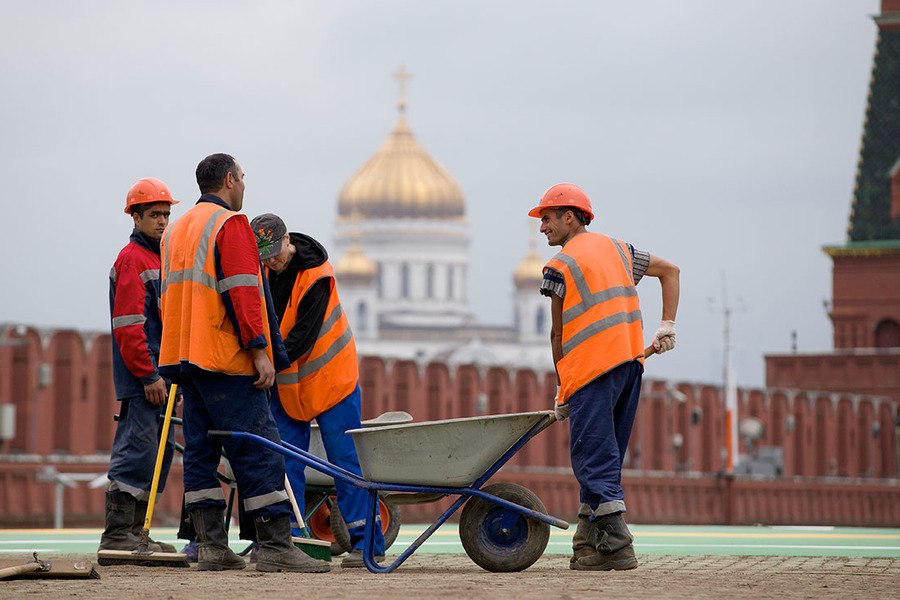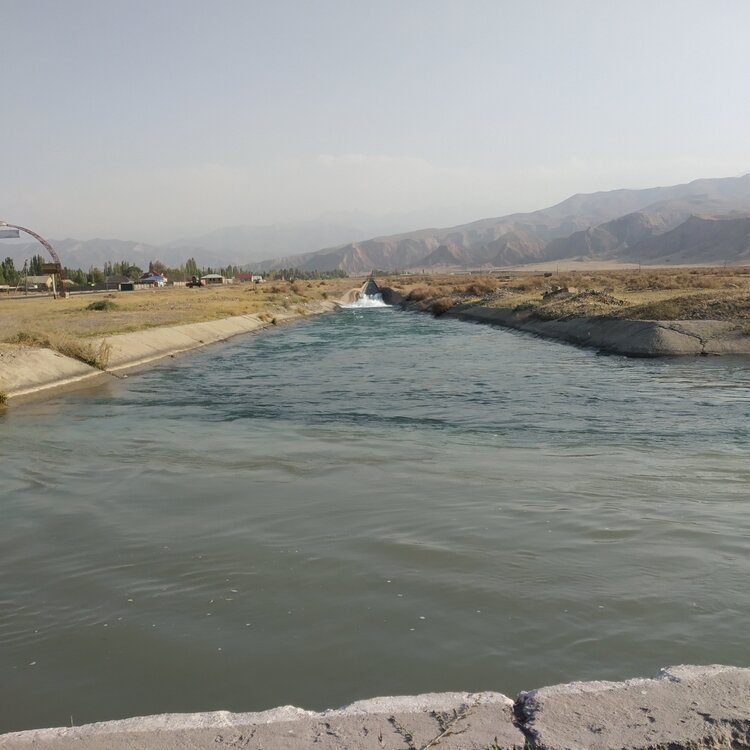Decrease in Uzbek Labor Migrants to Russia Forecast to Continue
Alisher Ruziyev, head of the Department of the Foreign Labor Migration Agency of Uzbekistan, has stated that the flow of labor migrants from Uzbekistan to Russia may continue to decrease, noting that the construction industry is actively developing in Uzbekistan, and wages in some facilities can compete with those in Russia.
“Today, there is a sharp growth in the construction industry in Uzbekistan, and naturally, our wages have become equal to those of some facilities in Russia. Therefore, in this situation, a decreasing trend in the flow of our citizens leaving for Russia can be observed,” said Ruziyev.
According to Ruziev, at some large construction sites in Uzbekistan, construction workers earn around $500-600 a month. “Accordingly, it is no longer profitable to go to the Russian Federation for such a salary,” he added.
The head of the Department of Foreign Labor Migration of Uzbekistan also noted that in the last two years, the agency has significantly expanded the geography of employment of citizens abroad, especially due to the demand for labor in Europe.








